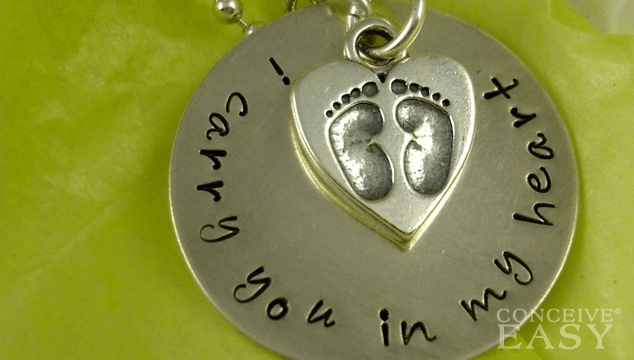If you have suffered a miscarriage, you may wonder what is wrong with you and how will this affect your fertility. It is estimated that about 12% to 15% of pregnancies are lost by women during the first 12 weeks of being pregnant – this is called a first trimester loss. Claim Your 20 Free Pregnancy Tests – Click Here
However, the number of unrecognized pregnancies being lost is much higher – about 50% of pregnancies are lost by women before their first missed menstrual period. These are conceptions that fail to become viable and may be the reason behind the ‘false-positive’ you think may be a faulty pregnancy test.

Some women are dealing with recurrent miscarriages which threaten to affect their fertility. This means that the woman has lost 3 or more pregnancies before 20 weeks from her last menstrual period. Only clinically recognized pregnancies count. In the case where cardiac activity was present in the baby, doctors will initiate the plan for helping the woman deal with the recurrent miscarriages after 2 lost pregnancies.

Recurrent miscarriages affect a woman’s fertility significantly. After one lost pregnancy, the chances of achieving a viable birth decrease down to 76%. Two lost pregnancies result in just a 70% chance of having a live birth. Another lost pregnancy will decrease your chances of giving birth to a healthy baby by another 5%; after 3 miscarriages, you have only a 65% chance of having a viable birth, while after 4 miscarriages, you have only a 60% chance for this to happen.

Some of the most common causes why recurrent miscarriages happen are: infections, endocrine or thyroid disorders, hyperprolactinemia, genetic abnormalities, congenital anatomic abnormalities, diabetes mellitus or immunologic issues. If you are correctly diagnosed and the cause of your miscarriages is identified and treated, you have about a 70% to 90% chance to carry a baby full-term and give birth to a healthy baby.
Genetic abnormalities are harder to deal with, so the results vary substantially. Live births have about a 20% to 80% chance to occur in these circumstances. Even if a diagnosis cannot be made (the cause of recurrent miscarriages remains unknown), you still have a 40% to 90% chance of a live birth if you engage in providing early general supportive care to your unborn baby.

If you have suffered a miscarriage, most doctors will advise the importance of avoiding getting pregnant during the next 2 cycles. This helps in preventing a possible conception from being exposed to endometrial lining that is not always capable to sustain a pregnancy. However, for older women where time is of the essence, some doctors may allow this guideline a bit of flexibility, so always check with your healthcare practitioner first.

While recurrent miscarriages do affect a woman’s fertility, with the right care, she still has plenty of chances of carrying her pregnancy to term and delivering a healthy baby.










Comments